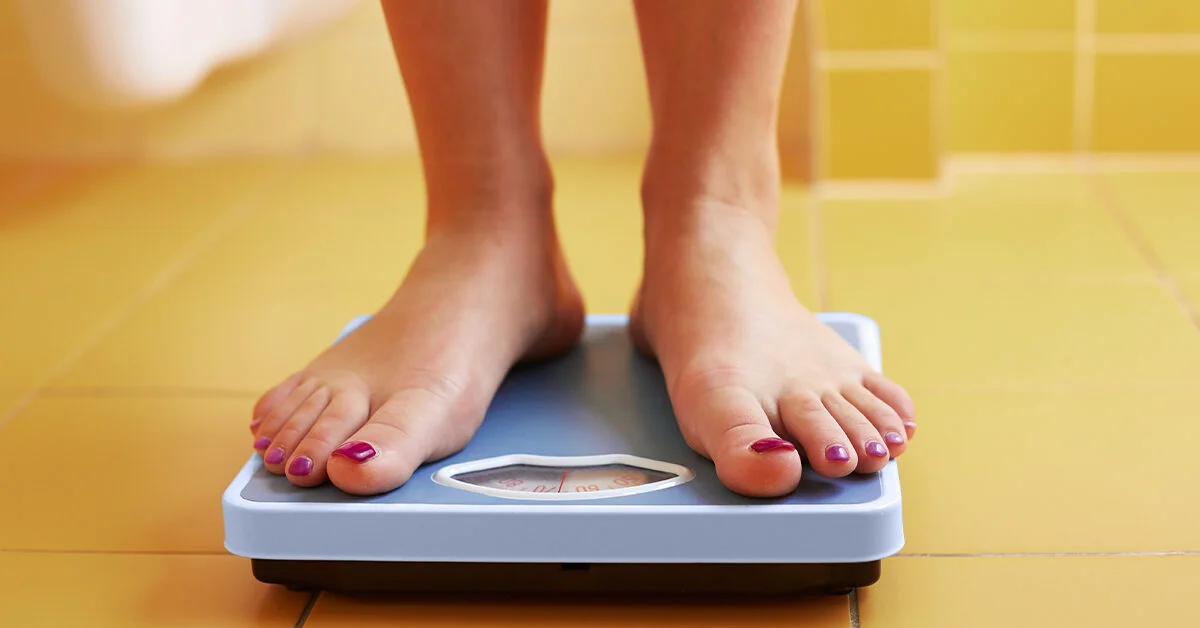
Having a Healthy Weight Guide can be a great way to keep track of your progress. It can help you figure out what your body weight should be, and set goals to reach your ideal weight. It can also help you find out the healthy weight range for your height. You can even get a height and weight chart to determine where you are in your weight range.
BMI values
Using BMI values for healthy weight can be helpful in determining the right weight for you. However, it is not a perfect measure of health. Taking into account other factors can also help determine whether you are at risk of disease.
The ideal BMI range for adults is between 18.5 and 24.9. You can find out your BMI by using a BMI chart or a website that automatically calculates it for you. The height and weight shown on the top row are the two measures that must be entered.
It is important to remember that BMI does not take into account your body fat percentage. People who have a higher percentage of body fat are at a higher risk of heart disease, high blood pressure, and diabetes. If you are overweight, it is a good idea to measure your body fat regularly.
Height and weight chart
Using a height and weight chart is a useful way to determine your healthy weight. It’s important to know your ideal body weight so you can make wise lifestyle choices. Taking part in regular physical activity will help you stay fit.
Getting in shape is easier if you keep your calorie intake balanced with your calorie burn. The BMI calculator can tell you your ideal weight, but it’s not a complete solution. Your doctor or a nutritionist can give you better advice.
Getting in shape will keep you fit and healthy. It will also lower your blood pressure and cholesterol levels. However, being overweight puts you at higher risk for many serious health problems.
The ideal height and weight chart will give you an idea of how much you should be weighing for a particular height. The ideal weight will depend on your age, gender, and other factors.
Healthiest weight range for your height
Getting a healthy weight range for your height can be achieved by eating a balanced diet and getting some exercise. It can also help protect you from health conditions such as heart disease and diabetes. But how do you know if you’re in the right weight range?
One of the easiest ways to determine if you’re in the right range is to take a few measurements. These can include your height, waist size, and body fat percentage. You can also use a BMI calculator or a height-weight chart.
The best way to find out if you’re in the right weight is to talk to a doctor. He or she can assess your weight and recommend changes to your lifestyle. They may also suggest some weight loss groups that you should join.
Setting goals
Whether you’re trying to lose weight or maintain it, it’s important to set goals to help you succeed. Creating SMART goals is a great way to organize your goals and resources, and also provide motivation.
In order to achieve a healthy weight, you need to make changes in your eating and exercising habits. If you’re not used to working out regularly, it can be helpful to set a goal of walking at least 30 minutes twice a week for a month. This will help you build your confidence as you move closer to your long-term goal.
If you’re unsure about how much weight you should lose, it’s a good idea to start small. Rather than setting a goal of losing two pounds a week, try losing four. This will feel more manageable, and you’ll be less likely to quit.
Tracking your progress
Whether you are attempting to lose weight, gain muscle, or simply look better, it is important to track your progress. The first step is to choose the tracking method that is right for you. You may want to measure your weight each morning, each night, or both. You can also measure your health markers such as blood glucose, ketones, or waist size.
The best way to do this is to keep a diary that lists your food intake and exercise. For example, your daily meals might contain a combination of protein, carbs, fats, and fiber. You can then calculate your macronutrients, energy, and calories with the help of a nutrition app such as Carb Manager. You can also download a free spreadsheet that allows you to track your progress.



